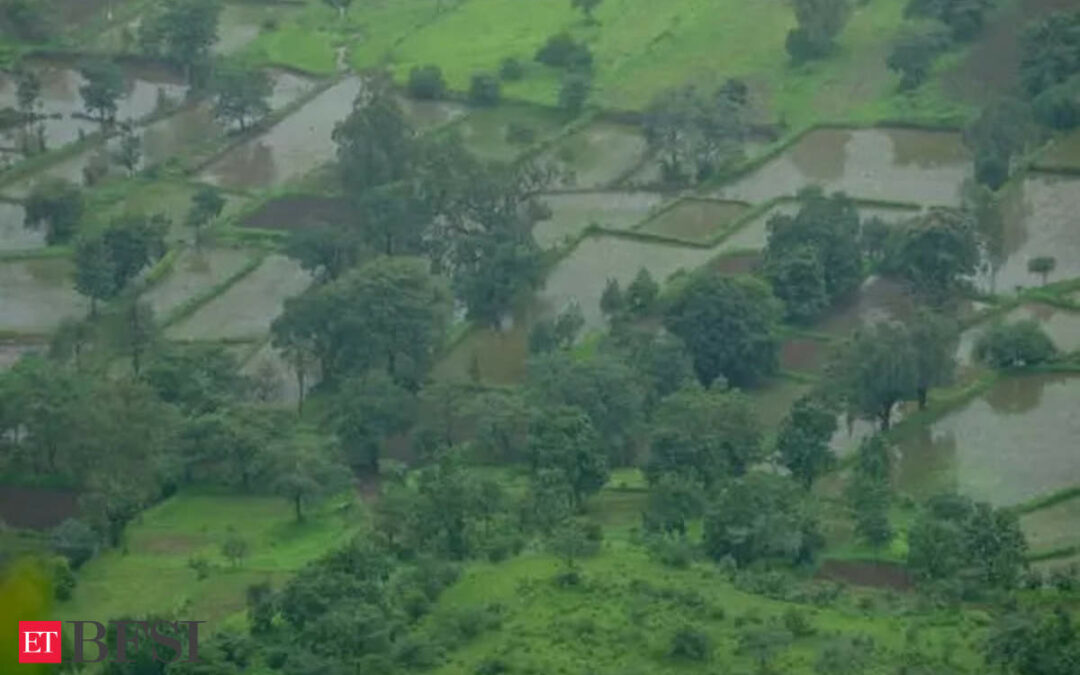Top Indian private lenders are seeing more farmers and rural borrowers delay loan repayments as unpredictable weather impacts output and rising agricultural costs stretch their incomes further, according to quarterly earnings reports and a dozen bankers.
The largest five private banks have reported greater bad loan additions in the June quarter, mostly driven by rising dues in agriculture and microfinance loans, which are popular in rural areas.
Microfinance loan disbursal slowed in April-June due to general elections and heatwaves, Sumant Kathpalia, chief executive officer of IndusInd Bank said last week, adding that rural areas were still recovering from impact of the pandemic.
More than 40% of India’s 1.4 billion people are dependent on agriculture, which has been hit in recent years by rising temperatures, patchy monsoon rains and policy interventions.
The Indian government subsidies loans to farmers, and banks are mandated to give out farm loans, which have doubled during the last four years to more than 21 trillion rupees ($250 billion).
As of March-end, banks’ non-performing farm loans had eased from a year earlier, but remained elevated at 6.5% of total bad loans, as per latest central bank data.
The country’s biggest private lender HDFC Bank’s farm loan slippage doubled in the three months to June from the previous quarter.
Kotak Mahindra Bank said dues on small-ticket microfinance loans were rising.
Delinquencies are rising in certain states of north and south India, Devang Gheewala, chief financial officer of Kotak Mahindra Bank said earlier this month.
State-run banks are the biggest lenders to farmers, but private banks are increasingly tapping rural areas to meet the rising demand for credit. Most state-run banks have yet to report quarterly earnings.
At least a dozen bankers told Reuters that defaults have risen in key agricultural states like Punjab and Haryana. They spoke on condition of anonymity as they are not authorised to speak to the media.
Most attributed the defaults to income stress in the farm sector, driven by heat waves, unseasonal rains and higher input costs.
Some political parties promising waiver of farm loans during the national elections that ended in early June also hurt, the bankers said.
“A major reason for non-repayment has been political tactics,” a senior official at a microfinance lender said.
Bankers say they often go slow on recoveries.
“We cannot go aggressive on recovery like we do for credit cards, personal loans because suicide cases of farmers, if any, due to such practices, can blow up into a socio-political issue,” one banker said.










